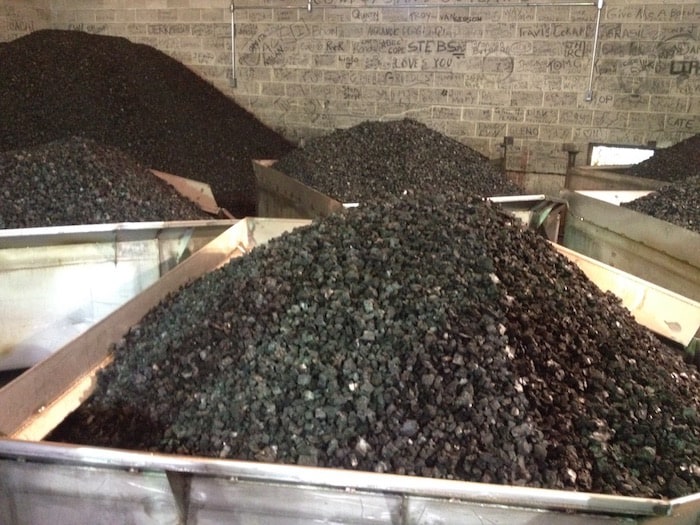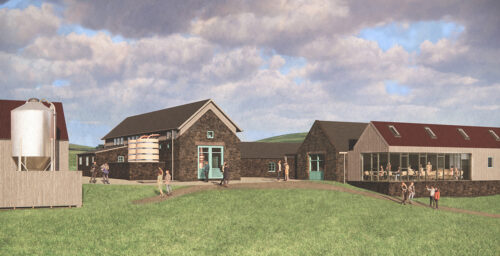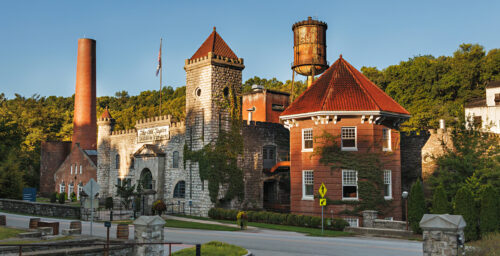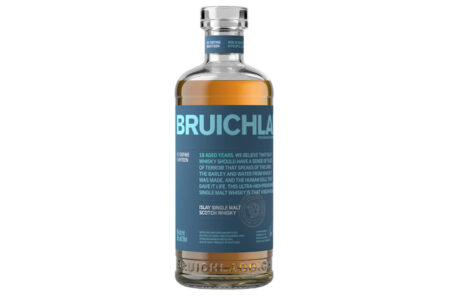One of the things that makes Tennessee whiskey unique is the Lincoln County Process, which refers to the use of sugar maple charcoal to filter new-make whiskey before aging.
Not all Tennessee whiskeys use the Lincoln County process, which is named after the county that was once Jack Daniels’ home. (Subsequent redistricting put the distillery in neighboring Moore County.) However, Jack Daniels and George Dickel, the two largest Tennessee distilleries by a wide margin, both rely on sugar maple charcoal filtration to mellow their spirits.

These two big players use slightly different tactics. Jack Daniels makes its charcoal onsite, using unaged distillate as a firestarter on sugar maple staves. Those staves are then ground into chunks that are used to make a 10 foot deep filter bed. New-make distillate is dripped through the filter bed using gravity, a process the distillery says “takes over a week to complete.”
George Dickel uses an even deeper filter bed – 13 feet – and chills the new make to 40 degrees Fahrenheit before filtration. At the Dickel distillery, new make whiskey actually steeps in the charcoal rather than just dripping through, which they say leads to a more complete filtration.
Tennessee whiskey isn’t protected by the Federal Standards of Identity of Distilled Spirits the same way that bourbon is. Instead, the only federal recognition of the category is through NAFTA, which says that Tennessee whiskey is a straight bourbon whiskey produced in Tennessee.
A recent state law passed in 2013 further refines that identity. It requires Tennessee whiskey to use the Lincoln County process, with an exemption for Benjamin Prichard’s distillery, a craft distillery that skips the charcoal filtration step (and which, ironically, is the only functioning Tennessee whiskey distillery in Lincoln County).
Some argue that the Lincoln County process constitutes some kind of flavoring addition and, thus, precludes Tennessee whiskey from being called bourbon. But many Kentucky bourbons, including Jim Beam, also use charcoal filtration. The reality is that Tennessee whiskey, which must be made in Tennessee, is more like a specialized sub-category of bourbon, which can be made anywhere in the United States.



